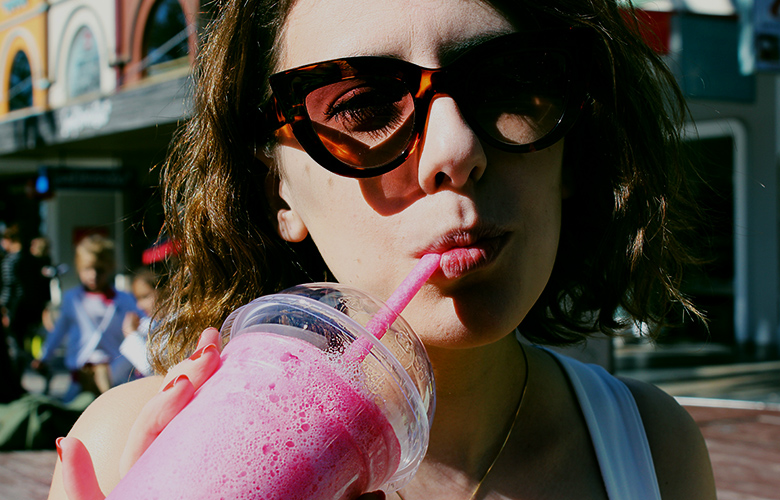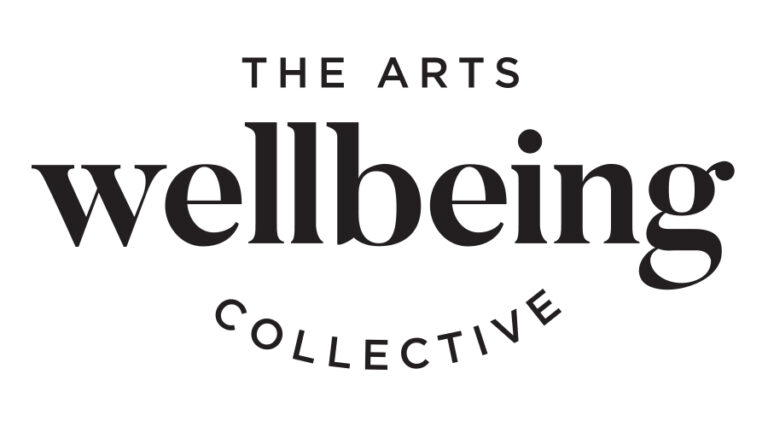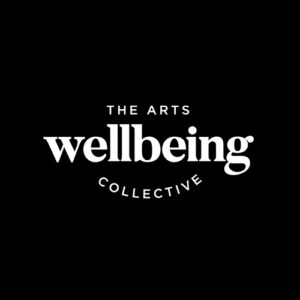
And we don’t mean alcohol! But, let’s start there. Post-show drinks, riders, opening night and closing night parties… the accessibility of alcohol while on tour can lead to challenges. If your touring party is keen to reduce the risk of harm from alcohol, start by looking for ways to shift the culture of drinking in the performing arts.
For example, offer plenty of interesting non-alcoholic beverages at special events, find other ways to celebrate or wind-down with the team, and give opening/closing night gifts that aren’t centred on alcohol.
If you do drink alcohol, it is important to consider the additional load it can place on your already stressed system when on tour. The health risks that accumulate over a lifetime from alcohol increase progressively – the more you drink, the greater the risk.
It is recommended that healthy adults:
Be honest about why and how often you drink. If you feel you have a problematic relationship with alcohol, please seek the advice of a health care professional.

There’s nothing wrong with a few. But, are you relying on it to get started for the day or to get you through a show?
Everyone metabolises caffeine differently. If your dependence is strong, it’s likely your energy, mood and health would benefit from reducing your intake.
Caffeine increases the circulation of chemicals such as cortisol and adrenaline in the body. In small doses, it can make you feel refreshed and focused. In large doses, you are likely to feel anxious and have difficulty sleeping.
Consider when you want to get to sleep and make sure you have your last coffee at least six hours before. Even if you fall asleep easily with caffeine in your system, it’s unlikely you will get essential restorative quality sleep.

Water is essential to most bodily functions – in fact, the body is made up of 50 to 75 per cent water! The best way to hydrate is by drinking small amounts of water or other fluids frequently throughout the day. Food usually makes up 20% of our water intake. Fresh fruit and vegetables, smoothies, soups, and vegetable juices are all great for hydration.

Cast and Crew – Looking after Each Other on Tour: Part 1



The Arts Wellbeing Collective is an Arts Centre Melbourne initiative that comprises a consortium of arts and cultural organisations whose shared vision is to effect better mental health and wellbeing for performing arts workers. Our objectives are to: - Improve support services for performing arts workers - Collate and share information - Effect industry cultural change - Improve support networks within and between arts organisations. Our guiding principles are: - Prevention focused, promoting positive mental health and wellbeing, and raising awareness of mental health, mental health problems and the value of early intervention. - Working in partnership, ensuring a variety of partnerships state-wide and across the industry – collaboration is core to the Arts Wellbeing Collective and vital to success. - Creating systems level change, through seeking to understand and address systems, cultures and traditions that contribute to poor mental health and wellbeing in the performing arts. - Long-term thinking, prioritising resources and initiatives that have capacity for long-lasting impact, scalability and transferability. - Knowledge creation and dissemination, working with experts and industry leaders to find, share, create and translate the best available information, tailored for creative contexts. - Encouraging innovation, Arts Centre Melbourne is always learning – we do not have all the answers. We will test, trial, evaluate, and share useful findings with energy and authenticity, and continue to be rigorously planned, strategically responsive and thoughtfully adaptable.
Read Full Profile© 2021 TheatreArtLife. All rights reserved.

Thank you so much for reading, but you have now reached your free article limit for this month.
Our contributors are currently writing more articles for you to enjoy.
To keep reading, all you have to do is become a subscriber and then you can read unlimited articles anytime.
Your investment will help us continue to ignite connections across the globe in live entertainment and build this community for industry professionals.